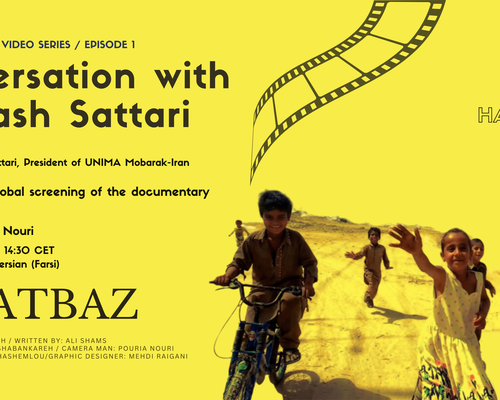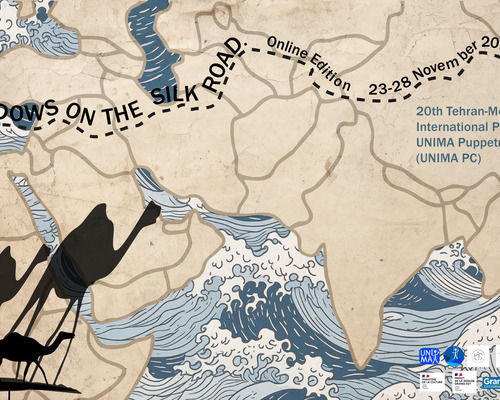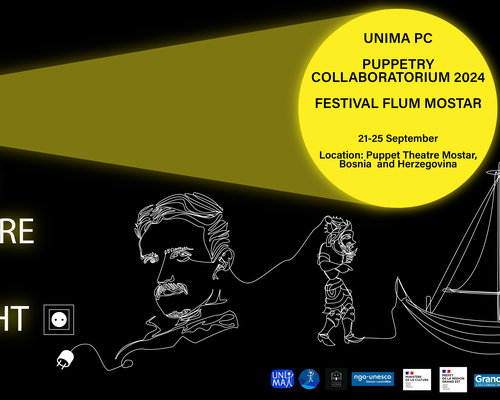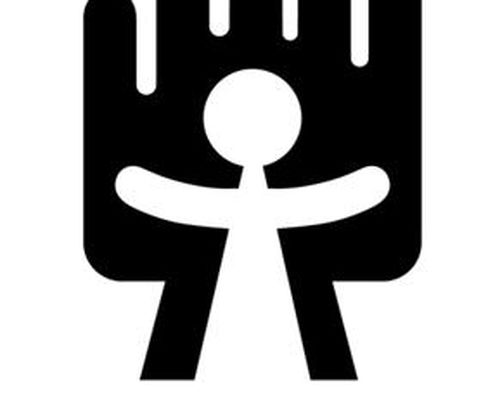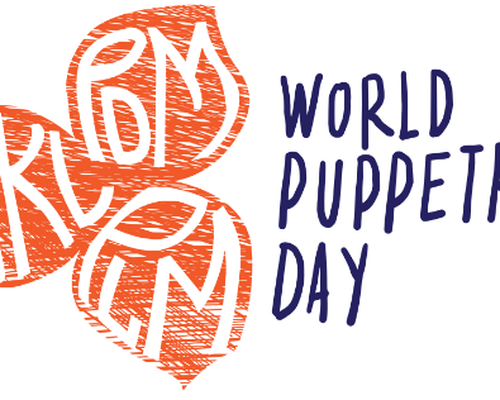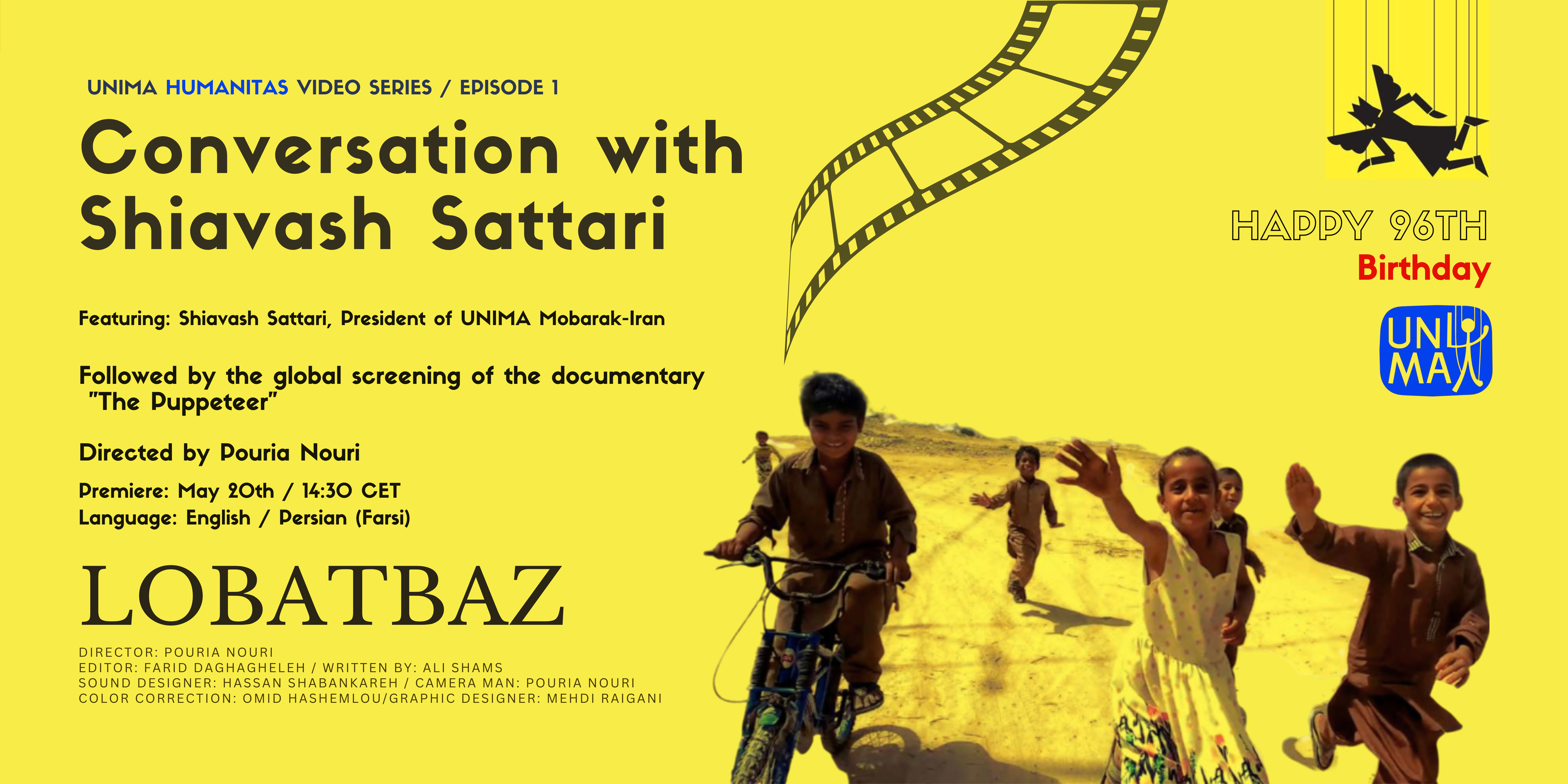
Vision
We understand Humanitas as a love of the diversity of humanity and it’s expression through puppetry arts. Humanitas: more than just a position of love of diversity.
Mission
We support freedom of expression and mutual respect between peoples and cultures of the world. We believe that it is important for puppetry artists to be informed about the circumstances of artists in other countries, cultures and nations. Our goal is to support and protect puppetry artists by providing moral support and raising public awareness about those in threatening situations as well as those taking actions in conflict situations. We support and promote the work of puppetry artists working to broker peace, cross-cultural exchange and the promotion of human rights.
We will assemble and disseminate information regarding conflict situations and legislative crises affecting puppetry artists. We will bring special attention to puppetry artists who find themselves unable to perform due to circumstances which reduce their human rights and freedoms.
Humanitas also works to protect the puppet object. When precious puppets and collections are under threat due to economic and political situations, we will engage. Our objective is to raise awareness about the cultural value of puppet objects and the importance of protecting free expression and the cultural heritage puppets represent.
Approach
Our approach to meeting our objectives will be consultative; we aim to work in close collaboration with puppetry artists from affected regions.
Activities
Humanitas will develop both a reactive and a proactive programme. The reactive programme will respond to situations and crises as they arise whereas the proactive programme will act to generate creative and collaborative work that underlines UNIMA’s mission and that supports peace and mutual understanding through the art of puppetry.
“If Humanitas is understood from a Roma derivation that includes humanism and benevolence, the n benevolenve drives humanism and could be understood as „someone willing to particiapte, at the level of feeling, in whatever is human.”
Andrea Poma (2017), Philosophical Notes for Postmodernism. Berlin. Springer. p. 231.

